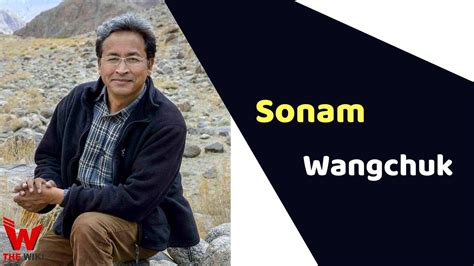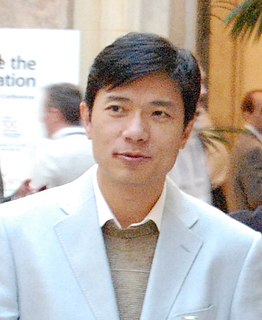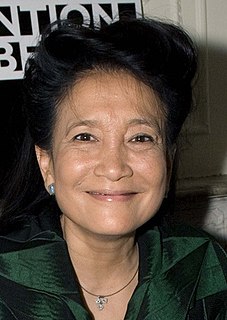A Quote by Rebecca MacKinnon
As a condition for entry into the Chinese market, Apple had to agree to the Chinese government's censorship criteria in vetting the content of all iPhone apps available for download on devices sold in mainland China.
Related Quotes
When U.S. commercial interests press the Chinese government to do a better job of policing Chinese websites for pirated content, a blind eye is generally turned to the fact that ensuing crackdowns provide a great excuse to tighten mechanisms to censor all content the Chinese government doesn't like.
There are a lot of Chinese-American designers and Chinese designers who have had an impact a little bit on the American market, but I think it's going to be interesting to watch if, over time, somebody can emerge from China who is based in China, and whether they come and show in Paris, like Rei Kawakubo or Yohji Yamamoto did.
China need to be fought back on. And what we need to do is go at the things that they are most sensitive and most embarrassing to them; that they're hiding; get that information and put it out in public. Let the Chinese people start to digest how corrupt the Chinese government is; how they steal from the Chinese people; and how they're enriching oligarchs all throughout China.
Right after September 11, 2001, there weren't really any blogs in China, but there were a lot of Chinese chatrooms - and there were a lot of conversations in which Chinese netizens were saying things like, 'served them right.' That was definitely not the official Chinese government policy - which condemned the terrorists.




























